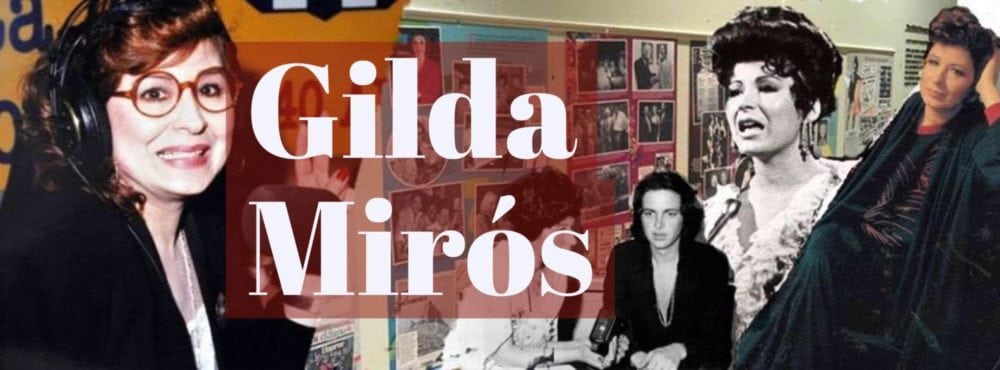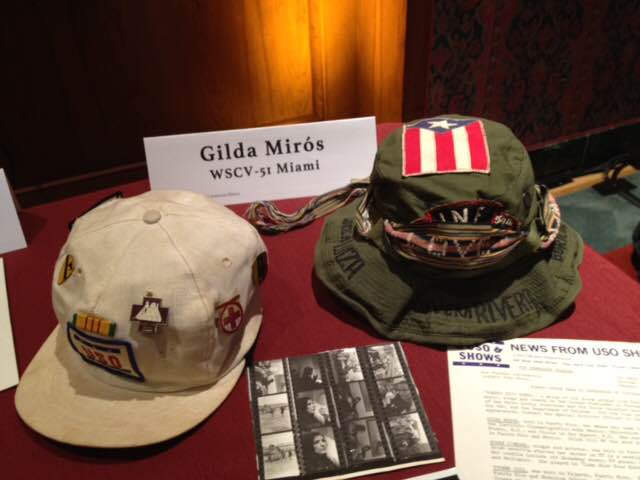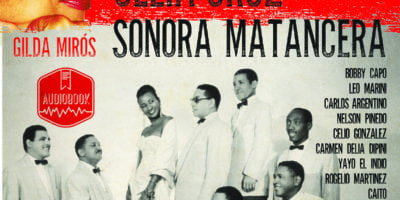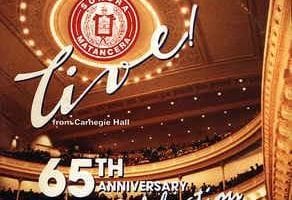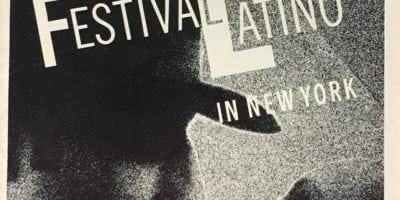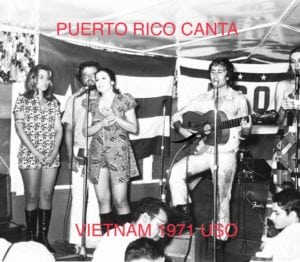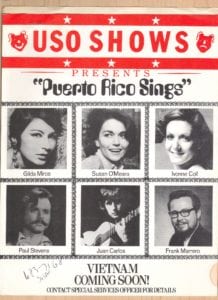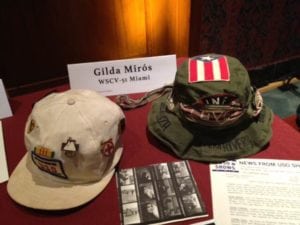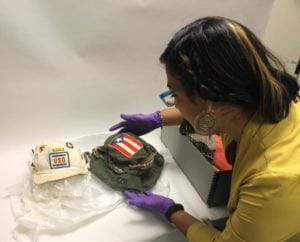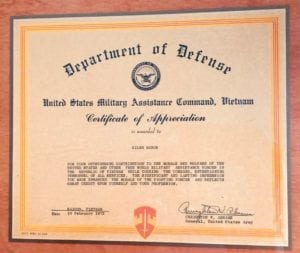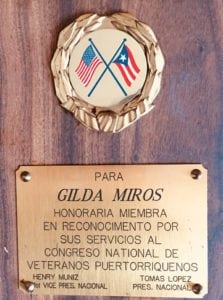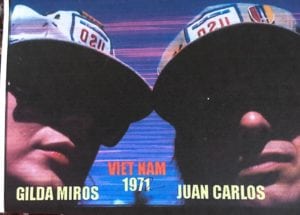In 1971, Gilda performed in “Puerto Rico Sings” with the USO, United Service Organizations Inc, a nonprofit organization that provides live entertainment programs to members of the U.S. Armed Forces. The USO became particularly famous for its live performances, called “Camp Shows,” through which the entertainment industry helped boost the morale of its servicemen and women. Performers in general were eager to show their patriotism, and many celebrities joined the ranks of USO entertainers. They entertained on military bases, sometimes placing their own lives in danger by traveling or performing under hazardous conditions.
Gilda flew on a helicopter with armed military guards to perform on mountain top camps surrounded by enemy Viet Cong forces. She recalls, “We performed and also taped a documentary during a month in Danang, Cam Ran Bay, Phu Bai, Phu Loy, Hue, Saigon, South Vietnam and places known only to military intelligence.”
- Performance with Puerto Rico Sings
- Playbill for Puerto Rico Sings
Gilda became one of the first Latina special war correspondents to interview the soldiers and document their experiences on the front.
Gilda’s memorabilia has been endowed to the Smithsonian’s National Museum of American History, which is working to document and tell the story of Spanish-language broadcasting in the U.S., with an emphasis on television, as part of a new initiative called “Escuchame: the History of Spanish Language Broadcasting in the U.S.”
Veronica Mendez, who is currently handling the research, notes:
“Currently my research focuses on the life and career of Gilda Miròs, a Puerto Rican born, Nuyorican identified, author, theater and screen actress and television and radio broadcaster. Miros immigrated from Santurce, Puerto Rico to the Bronx in New York City as a small child; she later relocated to Mexico City to pursue an acting career and eventually becoming a radio and television broadcaster for SIN, WAPA, WXTV, Telemundo, WADO, JIT, and SBS. Miròs’s oral history helps us understand issues of representation in media and television, along the lines of race, gender, and class, ethnicity, and nation, as well as the transnational networks that informed the development of Spanish-language broadcasting
Handling Gilda Miròs material at the National Museum of American History. These particular items document Miròs travels to Vietnam as a presenter with the USO during the Vietnam War. A Puerto Rican serviceman gifted the green army hat to Miròs.
- Smithsonian Museum
- Research at the Smithsonian Museum
Gilda received multiple awards for her service with veterans from both Vietnam and the U.S. Department of Defense.
- Award from the Department of Defense
- Honoria Miembra en Reconocimento por sus Servicios al Congreso National de Veteranos Puertorriquenos
- Gilda and musician Juan Carlos
